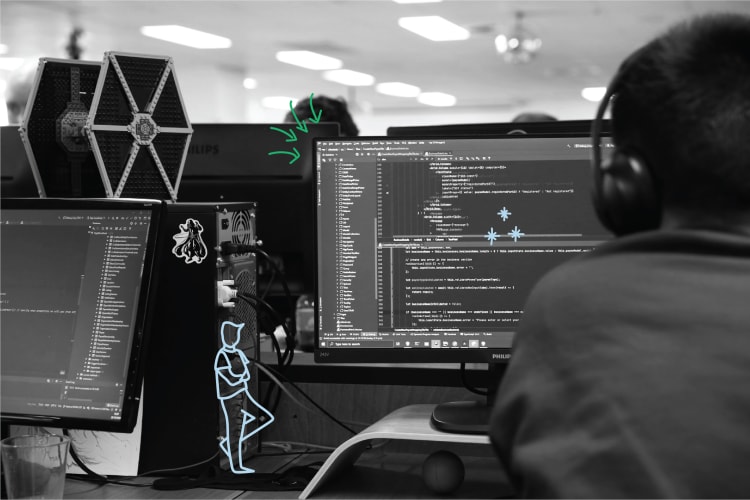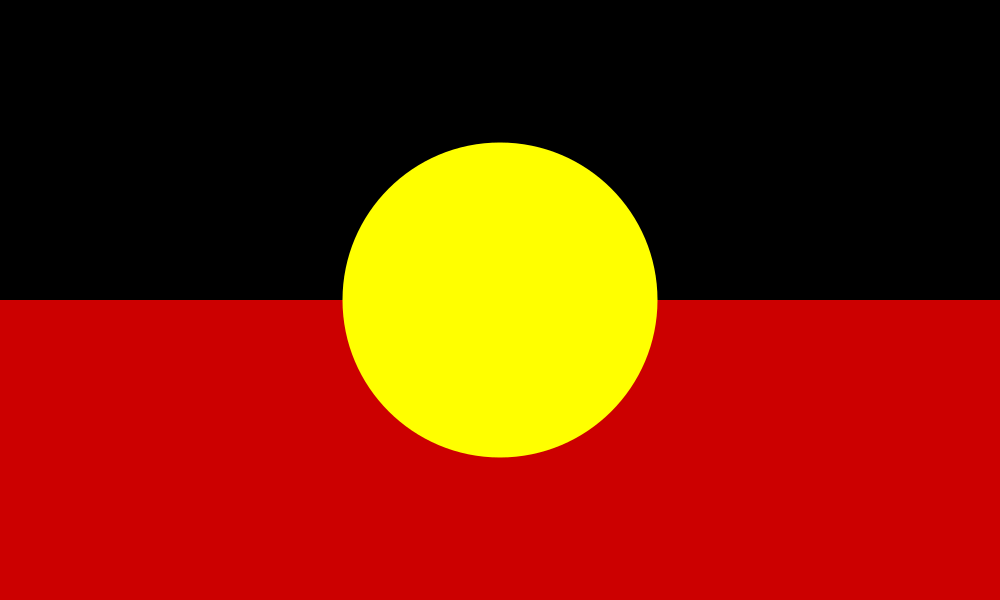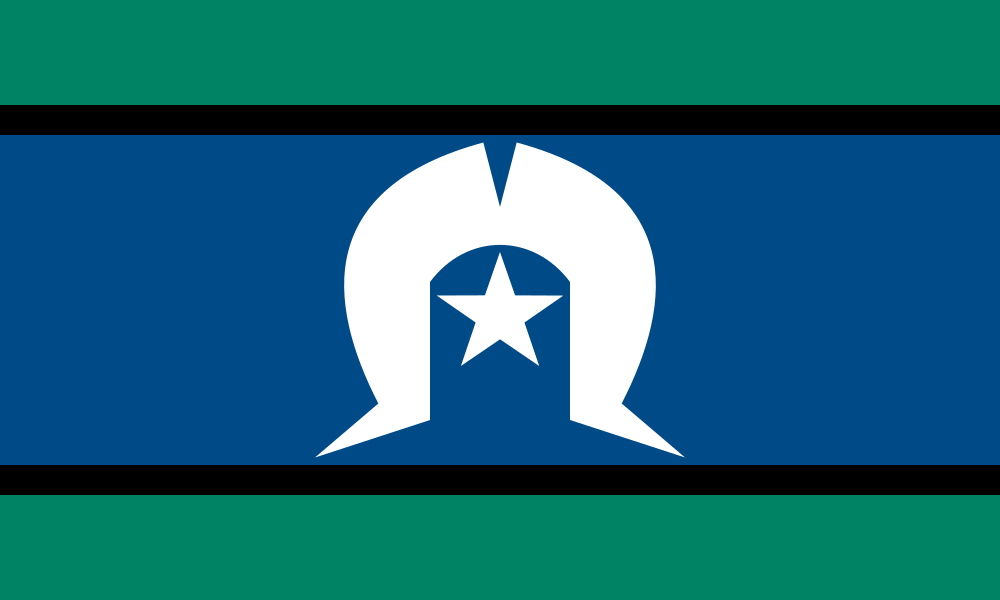
The Benefits of Owning Your Software's Intellectual Property
If you would like to skip the meandering plot of legal definitions below, but at the same time miss the character development, story arch and benefits of the plot twist of this thrilling article, the simple, all-encompassing ending for all of our clients is this:
“…Once the Application has been released into a Production Environment, WM assigns to Customer Intellectual Property Rights in the Application.”
If that’s ticked your box and you have a wider understanding of copyright law and the benefits that owning the intellectual property rights provides, you are probably satisfied with the ending. If you would like to understand the why behind this, please read on.
Definition of Software IP
Great, you’ve read on. This means one of two things. 1. You actually want to understand the topic or 2. You were intrigued by my reference to a plot. I shall try to satisfy both with a polarising analogy on the topic of law!
What is Intellectual Property?
Before we can begin, it's important to agree upon 2 definitions (well 3 really). The first is, what is Intellectual Property? For this we'll follow the definition provided by the World Intellectual Property Organisation:
"Intellectual property (IP) refers to creations of the mind, such as inventions; literary and artistic works, designs, and symbols, names and images used in commerce...IP is protected in law by, for example, patents, copyright and trademarks, which enable people to earn recognition or financial benefit from what they invent or create. By striking the right balance between the interests of innovators and the wider public interest, the IP system aims to foster an environment in which creativity and innovation can flourish.”
Great, so now we know intellectual property covers everything from trademarks to copyright, what's the important and specific mechanism around ownership of a software applications codebase? The important thing to note here is that copyright law and related rights come into play. Let's look at a definition of copyright to cover this off.
"Copyright (or author's right) is a legal term used to describe the rights that creators have over their literary and artistic works. Works covered by copyright range from books, music, paintings, sculpture, and films, to computer programs, databases, advertisements, maps, and technical drawings.”
What this means is that unless otherwise specifically stated the copyright is owned by the author of the applications codebase. This means that even if you're engaging a company, team member or contractors' services, they still own the copyright. This is explained well by Dundas Lawyers in reference to the precedent of Redrock Holdings Pty Ltd v Hinkley (2001) VSC91.
Fortunately, this is only the case until they sign over the rights to you through a binding contract. For an internal team that you’ve hired, this is typically handled within an employment contract. For a contractor or an external company, you’ll need to ensure that they assign the IP to you through a services agreement. Make sure to check that the company includes the right clauses in both their employment contracts and services agreements.
Now that we’ve set the scene, let’s add some spice to the story with a unique analogy involving…drug cartels. You might wonder what intellectual property law has to do with cartels. Hang tight!
Our Approach
As you can see above it's important for both the copyright and intellectual property to be assigned if you wish to take full ownership of the application. At WorkingMouse we achieve this through two mechanisms. The first is our employment contract and the second is our services agreement.
All employees at WorkingMouse are employed under Australian law in a full or part time basis. This mean that all work produced falls under the 1968 Australian Copyright act. Every employee has a signed employment contract that stipulates the following:
INTELLECTUAL PROPERTY AND MORAL RIGHTS
You agree that all Intellectual Property:
- made or developed by you in the course of your employment with WorkingMouse;
- to which you contribute or have contributed to in the course of your employment with WorkingMouse;
whether:
- made or developed within or outside WorkingMouse's usual working hours;
- made or developed at WorkingMouse's premises, or at any other place; or
-
whether made or developed with or without WorkingMouse's equipment and assets, vests immediately upon its creation in WorkingMouse.
You must disclose all such Intellectual Property to WorkingMouse immediately upon its being made or developed.
Further, during or after your employment, you will, at the request of WorkingMouse:
-
assign or transfer any rights to any such Intellectual Property to WorkingMouse or any other person that WorkingMouse may nominate;
-
at WorkingMouse expense take any or all steps necessary to protect or allow the Employer to protect or exploit any such Intellectual
Property.
You also consent to WorkingMouse doing acts or omissions which would otherwise infringe moral rights (as the term in defined in the Copyright Act 1968 (Cth)), which you may have in any such Intellectual Property.
This means that IP created by a development team is assigned to WorkingMouse Pty Ltd. This gives us the right to transfer that IP for our customers to own. This is achieved in our Services agreement under the following points:
7. Title and use
7.1. Ownership of Application
(d) Subject to clause 5 (b), once the Application has been released into a Production Environment, WM assigns to Customer Intellectual Property Rights in the Application.
(e) Upon request WM will provide the source code for the Application to Customer.
Definition within our Services agreement:
Intellectual Property Rights means all and any patents, patent applications, trademarks, service marks, trade names, registered designs, unregistered design rights, copyrights, know how, trade secrets, domain names, internet addresses, rights in Confidential Information, and any other intellectual property rights, whether registered or unregistered, and including all applications and rights to apply for any of the same now or in the future.
The trade for WorkingMouse is not in regard to the intellectual property of our clients applications but the exchange of revenue for services rendered in our experience, process and knowledge to deliver the target Application.
Thinking back to our cartel analogy, I see this as the skills required to create in creating the 'Magic formula'. Did Pablo Escobar personally know how his product was produced? We can assume not. This is left to scientists and a jungle workforce.
What copyright gives you
So, in creating your product or solution, you've carefully crossed your T's and dotted your I's to ensure you have control of the intellectual property and copyright. So what? What does this mean aside from knowing that a contract or developer isn't going to copy and redeploy your solution under their own name or hold you hostage in a charge to transfer the IP to you?
Well, aside from being able to defend your position under Australian law (no small thing) copyright also gives you economic rights to the IP. As defined by IP Australia this provides the following rights.
The owner of copyright in software has the exclusive right to:
- make copies of the software
- publish the software
- communicate the software to the public
- make adaptations of the software
- enter into a commercial rental arrangement with respect to the software
- license others to do any of the above.
Thinking back to our cartel analogy this is effectively the ocawnership and distribution rights of the cartel. Would Mr Escobar allow someone creating his magic powder to hold the distribution rights? I think not!
Although it may not be an immediate priority for the software, you may want to license the software to create a revenue stream or even sell it to a third party. This wouldn't be possible without owning the IP of the software.
Copyright law is very important in protecting the rights of creatives and freely developed IP, however it's important to understand its commercial implication. I hope our loose analogy has enabled this topic to be somewhat lighter. Tune in next week for another cartel insight, making your product sticky! I am kidding but check out our Learning centre to see the other elements in building software and how they can impact your success.






